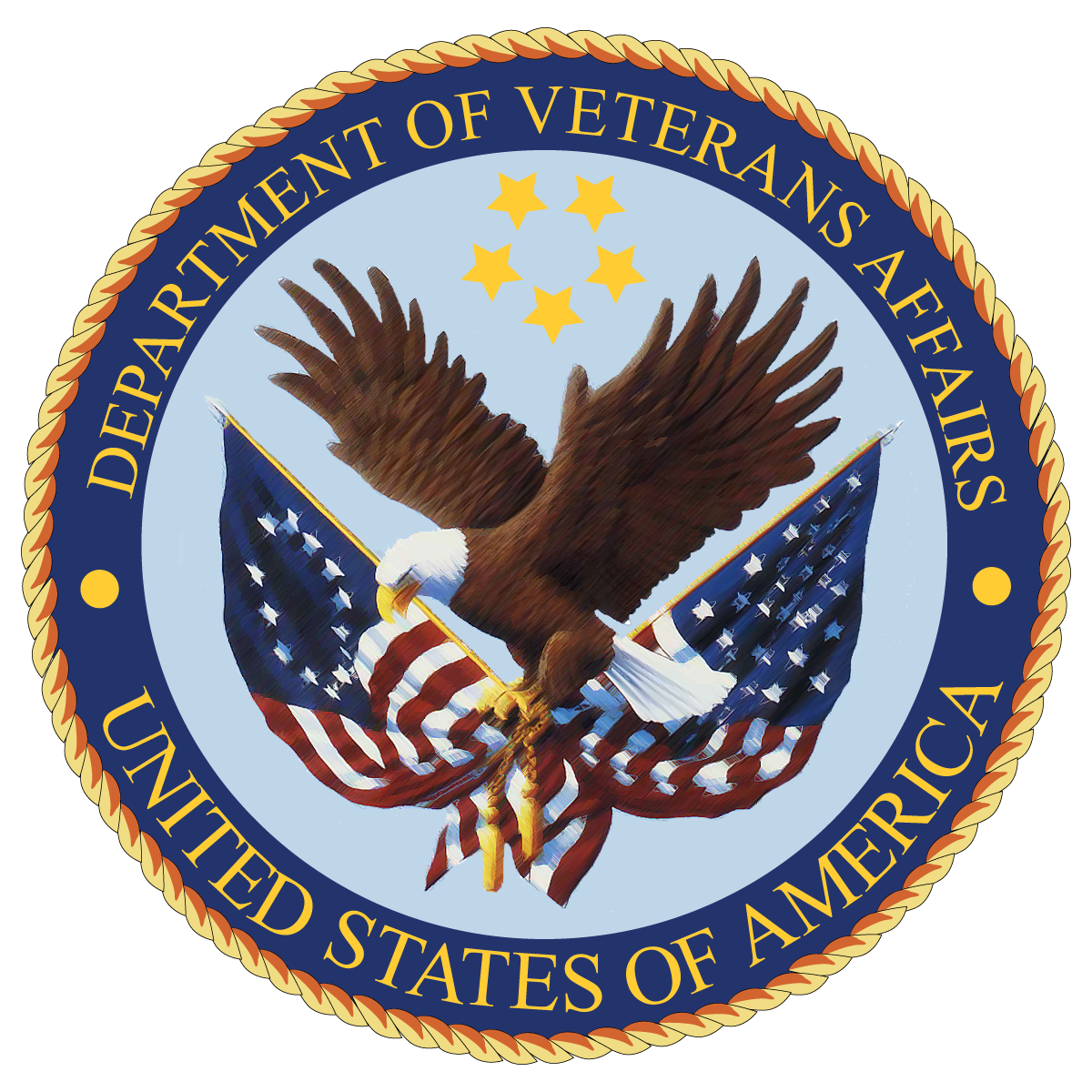Hon. Christopher A. Wagner
Felony Veterans' Treatment Court
Hamilton County Court of Common Pleas
Hamilton County Courthouse
1000 Main Street
Room 330
Cincinnati, Ohio 45202
Contact Information
Program Director
Gary Yuratovac, Esq.
Phone: 513-618-4215
Court Coordinator
Greg Street
Phone: 513-946-3371
Hamilton County Felony Veterans’ Treatment Court
What is the Hamilton County Felony Veterans’ Treatment Court?
Veterans Treatment Court is a court-supervised, comprehensive treatment collaborative, whose goal is to help address the issues that led to a veteran's contact with the criminal justice system. This voluntary program includes regular court appearances before the Veterans Treatment Court Judge. Treatment is provided through the combined effort of the Hamilton County Probation Department, the Veterans Administration (VA), and other community agencies, and may include individual and group counseling, drug testing, and regular attendance at self-help meetings.
Program Overview
Participants are required to sign a contract in court. This contract is an agreement between the veteran and the Judge. The contract explains what is expected and the consequences for noncompliance. The veteran will work with a treatment team to identify goals that the veteran will work toward while in the program. Those goals may include trauma related treatment, returning to school, job-skills training, counseling, employment, substance-use treatment, medication compliance, reconnecting with family, strengthening supports in the community, accessing benefits, and securing safe and stable housing.
Program Structure
The Veterans’ Treatment Court is separated into five individual phases. Progress is closely monitored and reported to the Judge. Advancement through these phases is dependent on completion of specific criterion for each phase of treatment.
Phase 1: Orientation. The veteran is assigned a Case Manager, Probation Officer, and a Peer Mentor who will provide an overview of the program. The veteran's needs will be assessed and addressed by the treatment team. Orientation lasts no less than 30 days.
Phase 2: Treatment Plan Development. The veteran will work with the Treatment Team to develop a treatment plan. Together with the Treatment Team, the veteran will formulate personal achievement goals in addition to treatment plan goals (GED, vocational/educational counseling, anger management, parenting skills, etc.). Phase 2 lasts roughly 90 days.
Phase 3: Ongoing Treatment. The treatment plan will be updated by the veteran and his or her counselor to identify treatment goals and objectives. Counseling and meetings will focus on areas that are challenging, and will identify ways of coping with stressful situations. Phase 3 lasts a minimum of 90 days.
Phase 4: Stabilization. Ongoing recovery needs will be assessed, including maintaining total abstinence from all drugs. This phase focuses on daily living skills and is designed to support the veteran in returning to the community as a productive and responsible member. Phase 4 lasts a minimum of 120 days.
Phase 5: Achievement/Graduation. Phase 5 will help the veteran successfully transition from a lifestyle within the Veterans Treatment Court structure to a lifestyle more representative of what participants will experience following graduation. Phase 5 lasts a minimum of 120 days.
A New Beginning
Joining the Veterans’ Treatment Court means that the veteran wants to improve his or her life by working closely with a dedicated Treatment Team to achieve recovery goals. The Veterans’ Treatment Court provides the opportunity to develop job skills, connect to available VA services, rebuild family and community ties, live a drug and crime free life, access benefits, engage in treatment rather than incarceration, stabilize living situations, and reconnect with Veteran peers.
Participants may qualify for Diversion which means that successful completion of the program may result in a dismissal of the original charge. Participants should consult with their Defense Attorney to determine their eligibility for Diversion.
Are You Eligible?
Defendant must plead guilty to be eligible for the Veterans’ Treatment Court services. Legal and Treatment eligibilities include:
Legal Eligibility Guidelines
- Felony 3, 4, 5 level offense with prosecutorial consent;
- No history of serious or repetitive violence (reviewed by designated Prosecutor and Treatment Team)
- Specialized Docket Tracts: Diversion and Community Control
- Intervention can occur at multiple points of case processing including Judicial Transfer of New Cases Prior to Plea, Post Sentencing, Probation Violation, or Sentence Mitigation;
- Exclusions: NGRI; Incompetent to Stand Trial, Sex Offenses, Offenses involving Weapons in the Commission of the crime;
- Persistent Offending unrelated to trauma and other mental health disorders.
General Treatment Eligibility Guidelines
- Diagnosed Post-Traumatic Stress Disorder (PTSD), or other trauma, mental health, substance use and related co-occurring disorders
- Cognitive ability to understand and voluntarily participate in PVIP Service Plan
- Must have identified treatment needs that can be met by the program and a willingness to engage the services provided.



